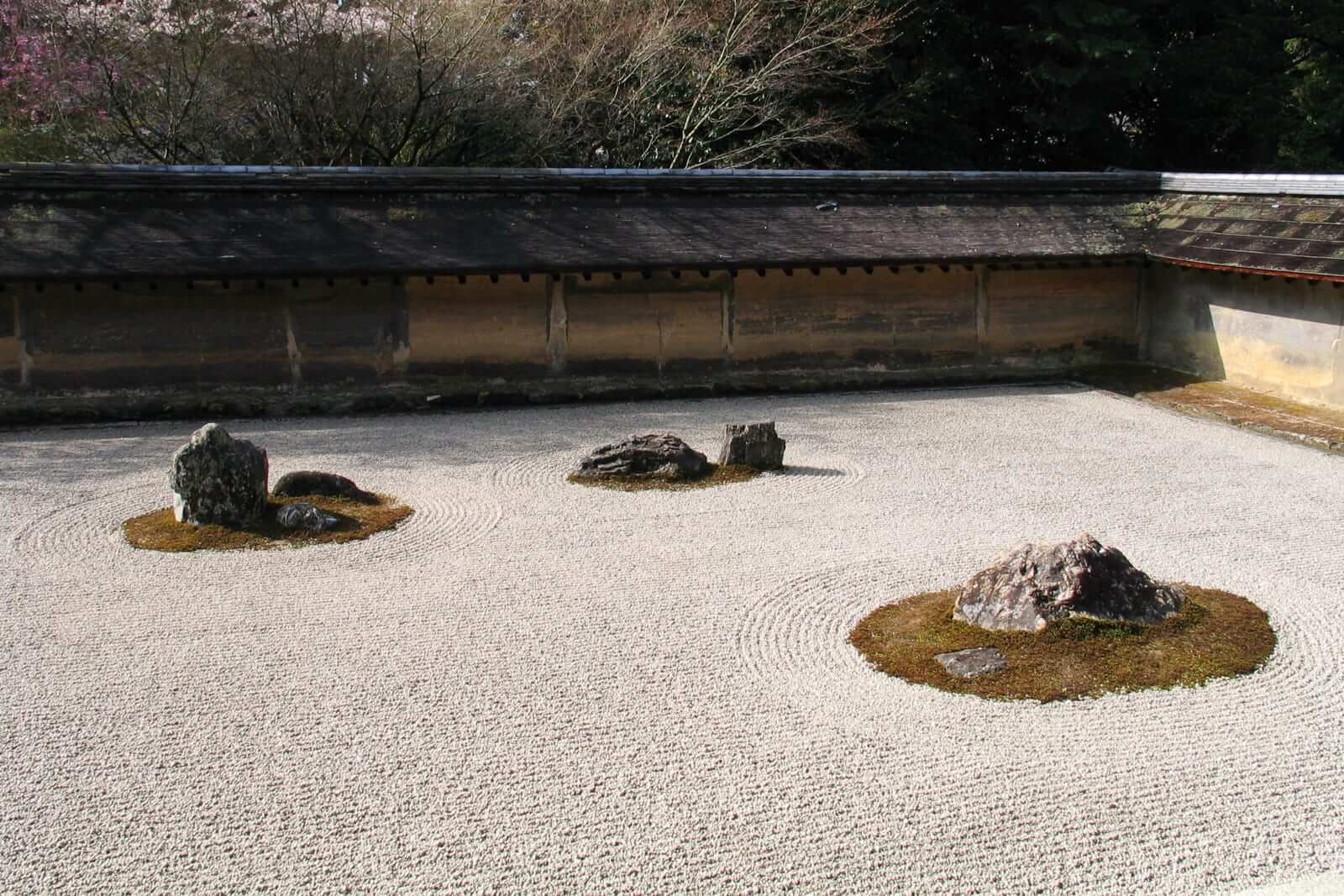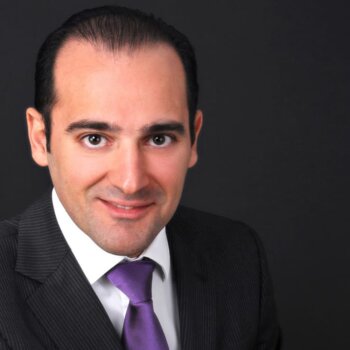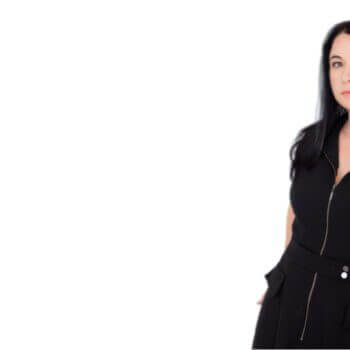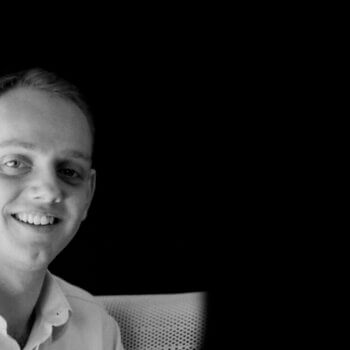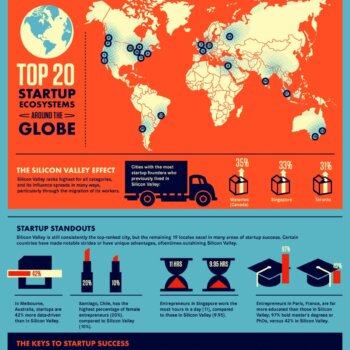What is “zen personal finance”? Is it a new-age thing? Is it a type of meditation? Is it a new way of looking at our personal finances?
It might be none of those things, or it might be all of those things and more!
Now that I’ve been out on my own for a while, I’ve had some more time to think and reflect on what I want out of life, and on what personal finance means to me. This post reflects my own personal thoughts and approach, and reflects some of the lessons that I’ve learned over time.
What does it mean to “invest it wisely”?
When I first started writing, I was originally interested in learning more about the technical and investment side of finance; the sort of stuff that a CFA might be interested in. I had done well in finance in school, I enjoyed having some of these discussions with my good friend Mich @ Beating The Index, and I was a little bored with my job as a software developer at the time.
Over time, I tried to whet my appetite for learning more about the intricacies of investing in options and futures, or analyzing the balance sheets of a company, but I wasn’t able to do it. There was always a question in the back of my mind, and it was asking me “What does this do for me?” Technical knowledge on its own wasn’t going to put me on the road toward financial independence, or increase my happiness in life.
It turns out that there were some serious questions that I needed to address, long before I worried about the small details. How was I going to reduce my debt and increase my savings? How was I going to advance in my career and move toward financial independence? How was I going to move toward self-actualization?
I now believe that the most important investments we make in our lives are those that we make in ourselves. Before we can move toward self-actualization, we need to be fulfilling our life purpose. We need to be happy in our station in life. Moving toward financial independence isn’t just about money: it also means being secure in one’s own beliefs and being in an internal state of peace. We can take important steps, such as ensuring that we reduce our investment costs by investing in index funds, and lowering our debt load by not buying more house than we can afford, but these are all ancillary to the true goal: mental satisfaction and contentment with oneself and the world.
We are all born with a given amount of mental and physical capacity, and everything that we achieve in this world is achieved through the focal point of our mind and body. Our minds can become a trap, imprisoning ourselves inside of an inpenetrable fortress; our minds can also be the greatest enabler of our highest aspirations and dreams. Our minds are the ultimate resource, and we must learn to invest this resource wisely.
Why do we sometimes feel jealousy, envy, and greed?
Some of the main sources of the unease we feel can be traced to the primal emotions of jealousy, envy, and greed. Underpinning these emotions is often a base feeling of fear: fear that we’re not keeping up with our colleagues, fear that we won’t have enough saved for retirement, and fear that we won’t live life as fully as we want to.
I believe that it’s perfectly normal and healthy to feel some amount of jealousy, envy, and greed. We are social animals, and we evolved in an environment where these emotions could have increased our chances of survival. In today’s world, these emotions don’t necessarily make as much sense. I grew up in a fatherless home with a mother who remarried, had another child, and pushed me out of her life. I spent much of my life being angry at the world. For the longest time in my life, I was held back greatly by my own personal feelings of envy for others and the lives they lived, and fear that I couldn’t achieve the same. Why did they have good homes? Why did they have normal parents? Why were they wealthier? How come they didn’t have money problems? The world had wronged me, and it wasn’t fair!
I now believe that as humans, we can overcome any adversity. One of the main reasons that I was so unhappy was because of all of the unease I was creating for myself! A little bit of envy was good to motivate myself to change things, but letting myself be overcome by these emotions was becoming destructive. There is beauty in the world, but we must choose to see it. If we don’t see it, then we can’t achieve self-actualization; our minds will always be hungry and starving for more. How can we achieve anything in our lives if we can’t see past our own noses?
The four noble truths
There’s a concept in Buddhism known as the “Four Noble Truths“; I believe that we can learn a lot from these truths by applying the concepts to our own lives. I’ve written my paraphrase of the truths below; however, to learn more, I recommend going straight to the source.
- The noble truth of uneasiness: Life is filled with uneasiness from the moment we’re born. Many things in life cause uneasiness, and we don’t always get what we want.
- The noble truth of the source of uneasiness: We have desires, beginning with the sensual desires and pleasures, and moving up to self-actualization and contentment. We all want some degree of freedom, security, fortune, power, and success. There’s always something to go after.
- The noble truth of the cessation of uneasiness: It is the relinquishing of our uneasiness, and of achieving freedom from it.
- The noble truth of the way leading to the cessation of uneasiness: As humans, we are always acting toward reducing and eliminating the uneasiness with our lives. Some ways of acting will be more successful than others. The Noble Eightfold Path is about acting with the right view, right intention, right speech, right action, right livelihood, right effort, right mindfulness and right concentration.
I really believe that it comes down to that: how can we act to reduce the uneasiness in our lives? Isn’t that what financial freedom, paying down debt, and saving money is all about? The money is just a means to an end.
We can all take small, incremental actions, such as reducing the fees we pay on our investments, and eliminating high-interest debt such as a rolling credit-card balance. However, we must change the way in which we operate internally so that we can move toward reducing the unease that we feel, and move closer to that state of pure contentment. If we are always creating unease for ourselves by entering into debt to buy a bigger home than we can afford, or if we are feeling unease because someone is “luckier” than we are, richer, more attractive, and what have you, we are going to make ourselves miserable. We are doing it to ourselves.
With every action that we take, we can ask ourselves: “Does this maximize my long-term happiness and satisfaction?” Since other people are usually more willing to be nice to you if you’re nice to them, first, this is a path that leads to greater social cooperation and harmony. Since we’re focusing on the impact on our overall lives, we avoid falling into the trap of living only for the present, or worse, living only for the future when we might give up all that we can enjoy in the present, and we might even be too old to enjoy our savings.
Through the power of our minds and by following the right path, we really can overcome adversity and move closer toward happiness and peace.
Follow your own path
I haven’t always been successful at practicing what I believe in, and I won’t pretend that I’m any wiser than anyone else or even that my way is better than anyone else’s. In fact, I see this as a continuous learning experience.
Everyone has to find their own path, but I hope we can take the journey together. Your goals and dreams belong to you, and nobody can ever take them away from you.
_____
About The Author
This article was written and produced by Kevin of Invest Wisely, a fantastic resource dedicated to educating the common investor. see more.
